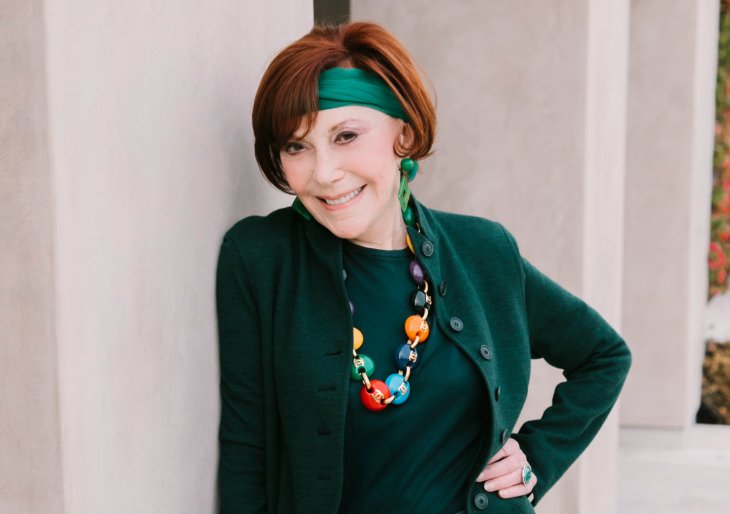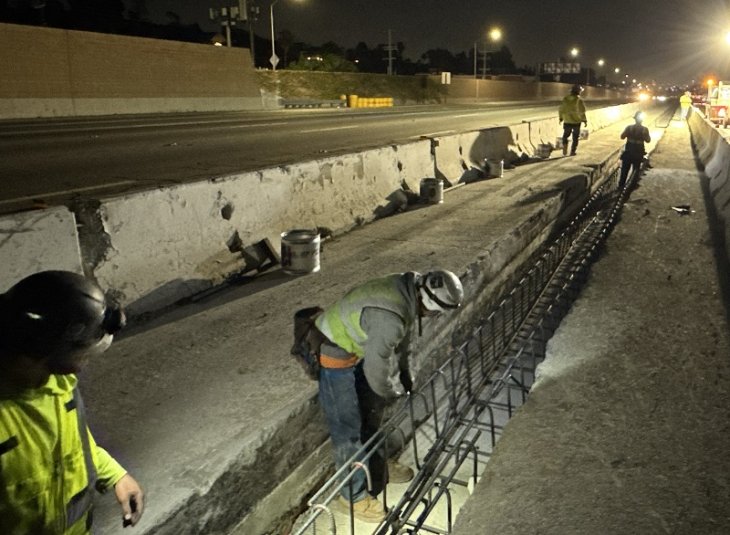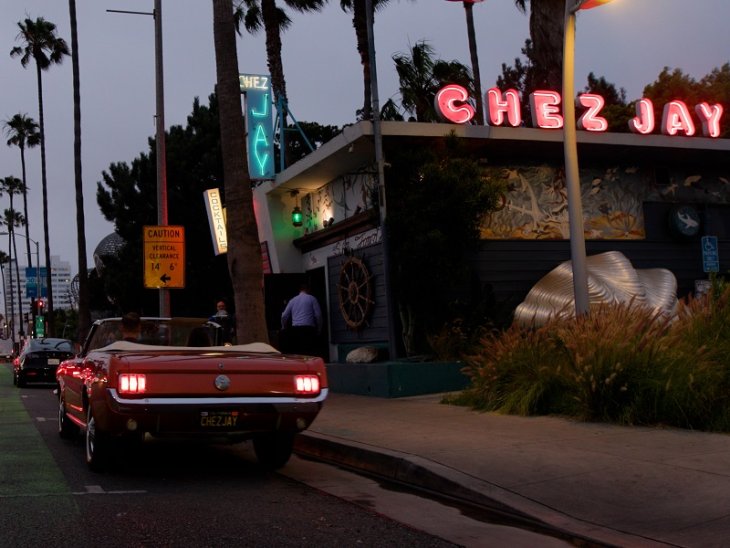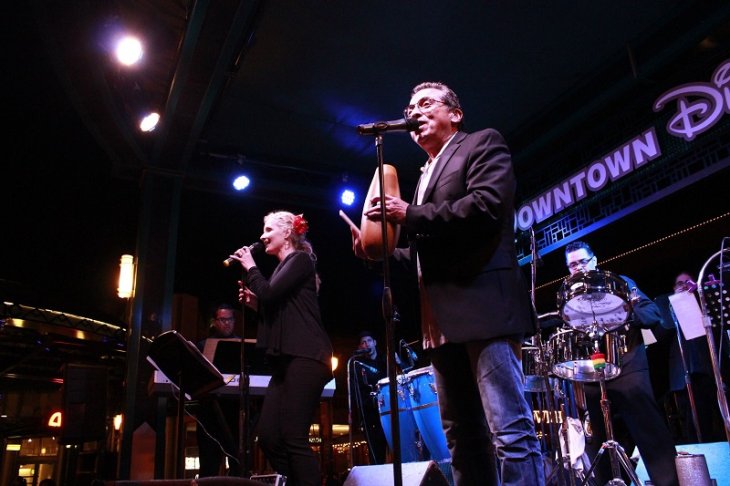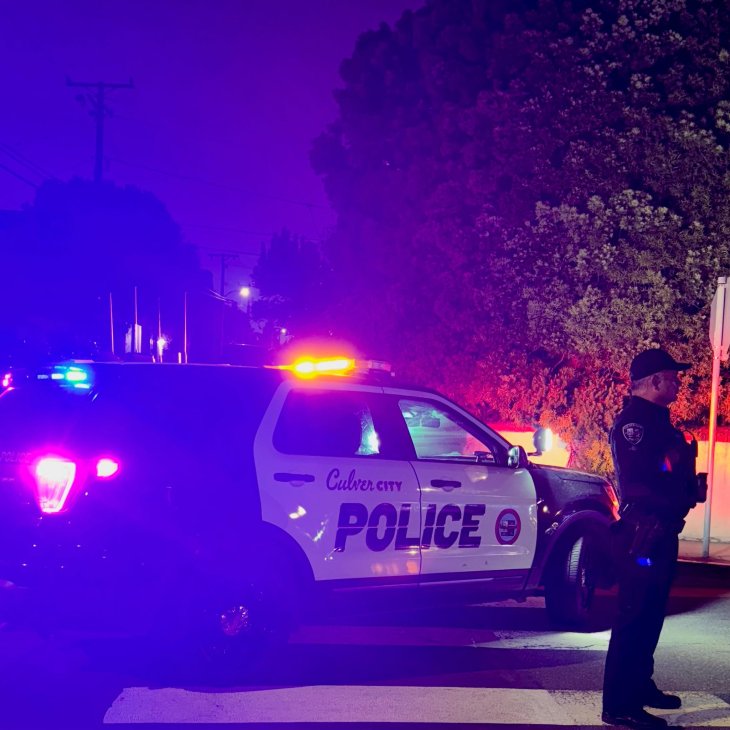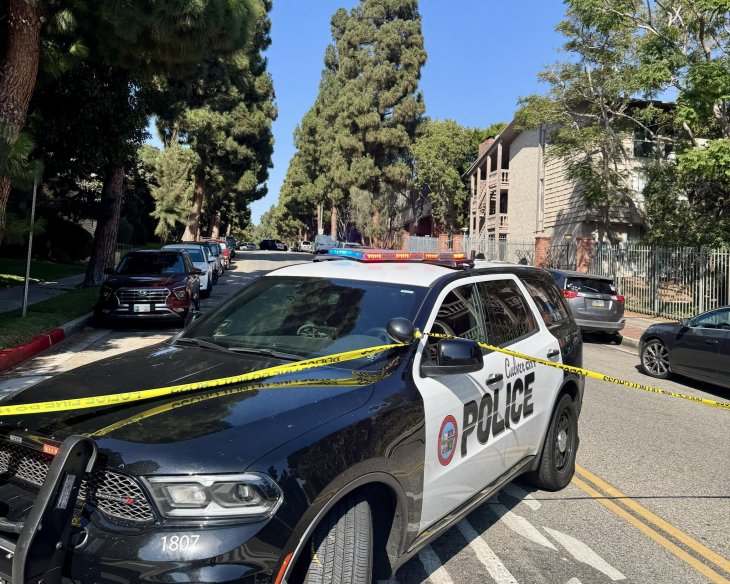More than 200 vocal supporters and opponents to Brentwood’s Archer School For Girls’ “Archer Forward” development plan packed University Synagogue on Monday for the first of four Los Angeles City Planning Commission public hearings.
With speakers limited to two-minute comments, more than 190 community members took to the microphone to voice their opinions on the Brentwood-dividing issue in a day-long debate. The hearing officer for the City Planning Commission was Elva Nuno-O’Donnell.
Brentwood Neighborhood advocate Thelma Waxman said it was a good opportunity to allow all people involved in the issue to have their say.
“We are pleased that those members of the community actually affected by the project spoke out about the overly aggressive size and scope of the school’s plan,” Waxman said. “Proponents were clear they get the benefits while most of the burden falls on Archer’s immediate neighbors.”
Opponents to the development were outnumbered by at least three to one at the meeting, with pro-expansion speakers dominating the day.
Archer’s Head of School Elizabeth English said she was heartened by the overwhelming show of support for the school and the plan.
“Archer has worked extremely hard for many years to work with our neighbors and the council office to create a compromise plan that delivers a 21st Century, world-class education for girls in a manner that is respectful of the Brentwood neighborhood we call home,” English said. “We have listened intently, recognizing the concerns of our most proximate neighbors, and compromised in a very meaningful way.”
The head of school was backed by a sea of pink T-shirt wearing students and supporters, all who pushed for improvements to their school’s facilities including modern classrooms, adequate parking, better fields, and reasonable space.
“Over the last 15 years, Archer has proven that our research-based, girl-centric approach is successful, important to this city and in high demand,” English said. “Now we are seeking essential facilities that nearly every independent and public school in Los Angeles already has so we can continue to deliver our mission for future generations of girls.”
The school is asking for City permits to conduct a five-year, $70 million, multi-phase expansion project that includes improvements to the existing Archer campus and the development of a multi-purpose facility, performing arts center and a visual arts center. The existing athletic fields will also be improved, and parking expanded in a new underground parking lot to accommodate more than 200 cars.
The crux of the issue lies with the impact on neighboring streets should the development proceed, traffic is continually raised as the number one concern.
“Operational use goes beyond any reasonable need and five years of construction is a nightmare scenario for the entire community,” Waxman said. “Traffic has not been mitigated and just moving events later and on to weekends directly contradicts the view expressed by Councilman Bonin.”
Proponents of the project disagree. They state that after years of taking part in working groups and meetings, the current incarnation of the development plan meets all of the outlined neighborhood requirements.
“The Archer Forward plan dedicates 74 percent of our property to open space and puts all parking underground to create a peaceful, all-pedestrian and green campus environment,” English said. “Our buildings will be consistent with residential height and setback requirements. Finally, our compromise plan does not increase the school’s current enrollment cap.”
L.A. councilman Mike Bonin (Council District 11) has weighed-in heavily on the issue, penning a letter early October with a long list of demands for the school.
“I insisted on changes that were both structural and operational, that eliminated traffic impacts, and that protected residential neighbors,” Bonin said.
After adopting the concessions and revising expansion plans, Archer said that they have now complied with all stated requirements.
Bonin explained that in a second letter, issued Nov. 20, he acknowledged that Archer had stated they would meet his demands, and that their adjusted proposal reflected structural changes but not operational ones.
“There remains significant work to do to address the operational impacts of the project,” Bonin said. “While Archer has committed to make operational changes in order to avoid negative impacts on traffic and on the neighborhood, the measure of whether they fulfill that commitment will be in the details of the proposed Conditional Use Permit.”
Monday’s hearing was the first in a series of four in front of the Los Angeles Planning Commission. The Commission and City staff will now produce a staff report on the issue due early 2015 before proceeding with follow-up meetings, neighborhood consultations, and a presentation to Los Angeles City Council.

